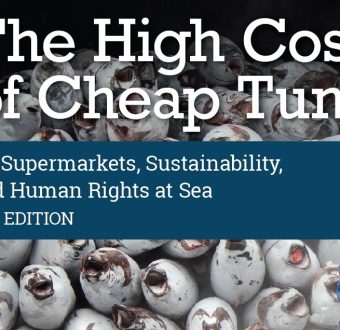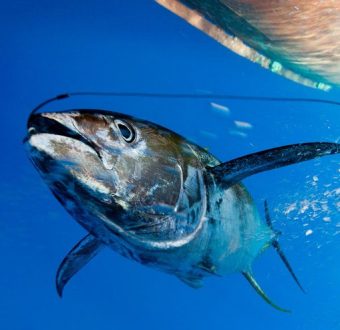The Hague, Netherlands, April 24, 2002 —
Mexican community groups, environmental organizations and
Greenpeace launched an appeal today before the Commission for
Environmental Cooperation (CEC) under the North American Free Trade
Agreement to investigate the damage caused by widespread
contamination of Mexican corn with genetically engineered (GE) corn
from the United States. The contamination was discovered over six
months ago in Oaxaca, Mexico, the center of originand diversity for
the world’s corn, and has recently been found by the Mexican
government to be much more widespread than originally thought.
The appeal requests that the CEC review the impact of the
genetic contamination on corn and on biodiversity in the affected
regions; to explain how the indigenous varieties have been
contaminated with genes of GE varieties; and to halt all exports of
GE corn into Mexico.
A positive decision by the CEC would push both the Mexican and
U.S. governments to take long-overdue action to seal off the source
of the genetic pollution and to find a solution to the current
situation in the provinces of Oaxaca. Over 300 local and wild corn
varieties are in jeopardy due to contamination that most likely has
originated from U.S. imported GE maize.
In September, the Mexican Government confirmed that indigenous
Mexican maize varieties in 15 out of 22 communities tested in the
states of Oaxaca and Puebla were affected by genetic pollution. The
latest information from a government source indicates even higher
levels of contamination than originally feared — between 20-60
percent in the four communities tested. This is the first case of
genetic contamination of a center of origin and diversity for one
of the world’s most important food crops.
Earlier this month an article published in Nature magazine
detailing the contamination in Mexican corn was challenged by some
scientists who disagreed with the study’s technical aspects, though
not the findings of contamination.New evidence provided by the
Mexican government of far worse contamination than that found in
the research has vindicated the study’s lead authors, Ignacio
Chapella and David Quist of U.C. Berkeley, and has given added
urgency to calls from indigenous communities in Mexico to protect
their corn from additional contamination.
Because of the high risk GE corn poses to local varieties and
wild relatives, Mexico prohibited field trials and commercial
planting in 1998. However, each year approximately 6 million tons
of corn are still imported from the U.S., at least 25 percent of
which is GE.
Speaking at the intergovernmental conference on the
implementation of the UN Biosafety Protocol, Miguel RamÌrez
DomÌnguez, President of the Communal Property Commissariat of
Capulalpan de MÈndez, Ixtl·n, Oaxaca, one of the communities
affected by the contamination, said: “We call for a thorough
investigation about the consequences of the presence of genetic
contamination in the indigenous maize varieties and effective
remedial measures. This pollution not only affects Mexico but puts
the world’s food security at risk since farmers around the world
rely on these genetic resources to create new varieties, which
adapt to changing environmental conditions.”
Greenpeace and 40 Mexican groups have proposed an emergency plan
that calls on the U.S. government to halt exports of all GE corn to
Mexico, and for the Mexican government to file legal action against
Monsanto, Syngenta and Aventis, responsiblefor the production of GE
corn.
Contact:
Greenpeace at the Biosafety meeting in the Hague:
Hector Magallon, Genetic Engineering Campaigner,
+31-(0)-629-001-138;
Dr. Doreen Stabinsky, Science and Biosafety Expert for
Greenpeace International, +31(0) 629-001-144.
In the United States:
Alisa Arnett, Greenpeace, (415) 255-9221, ext. 330

